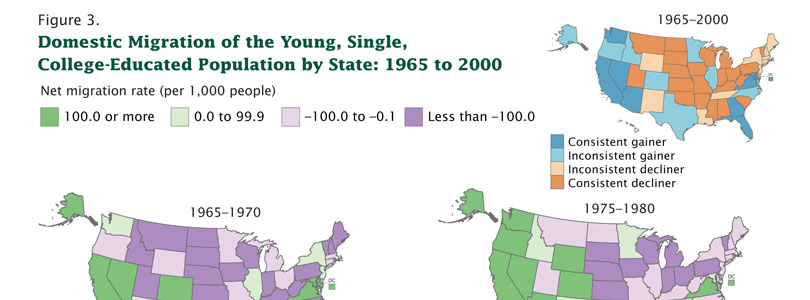Question #4: In-State Employment Rate of URI Engineering Grads Does Not Justify $125 Million Tab for Taxpayers
This Tuesday, Rhode Island taxpayers will be asked if they are willing to pay an eye-opening $125 million, plus interest, to construct a new building and renovate existing buildings at URI’s College of Engineering.
Proponents of Question Number Four claim that this large expenditure by taxpayers would serve as an economic boost to the state, in part by supplying a talented workforce. On URI’s webpage promoting this hefty bond, URI President Dr. David M. Dooley states that the construction and renovations would “foster new discoveries that will be the foundation of new companies.” Another item from that page:
The new facility will meet the state’s need for more highly-educated professionals, expand research capabilities, and provide support to Rhode Island’s defense, manufacturing, biomedical and other industries.
And the op-ed by the Speaker and the Senate President in Friday’s Providence Journal spends a couple of paragraphs describing the employment rate of graduates of URI’s College of Engineering.
One major problem with this reasoning — one that was glossed over in that op-ed — is that Rhode Island’s economy and employment rate are not absorbing all of the Rhode Island residents who graduate from URI’s College of Engineering. In response to a query by Anchor Rising-Ocean State Current, with regard to the 2013 graduating class of the College of Engineering, the university’s Communications & Marketing Office advised that:
Of those reporting employment, 43% were working in Rhode Island.
So, as of 2013, 57% of the graduates (“reporting employment”) of the URI College of Engineering ended up going out of state for employment. To phrase it more directly, the numbers would indicate that the College of Engineering is already educating more engineers than companies in Rhode Island can employ. Accordingly, it appears that there would be no employment upside for the state if this project goes forward.
Important note: 57% does not correspond to the number of graduates who came here from out of state and who might, understandably, wish to return to their home states for jobs. However, 70% of 2013 graduates of the College of Engineering were Rhode Island residents.
Taxpayers already fund, as a part of the University of Rhode Island, a portion of the College of Engineering’s operating budget, and the case for that expenditure is easy to make. The question facing voters next Tuesday, however, is to take on an additional $125 million in debt (plus interest) for the privilege of educating employees for companies in other states.
Unlike some other subjects, engineering involves hard numbers. The hard numbers, in this case, make a strong case against the economic and employment arguments for taxpayer funding of expensive construction and renovation projects at URI’s College of Engineering.
Below in full is the response received from URI’s Communications & Marketing Office:
In response to your question about employment of URI engineering alumni, here’s what I can tell you about engineering graduates of the class of 2013:
– 60% stayed in Rhode Island after graduation either as an employee, graduate student or intern. (We received responses from 92% of graduates, and the class includes those who graduated in December 2012, May 2013 and August 2013.)
– Of those reporting employment, 43% were working in Rhode Island. Rhode Island was the top job location for students who reported being employed. The next was Massachusetts (21%) and Connecticut (15%).
Data from earlier class years is not as easily available to access and analyze in this way, so I hope this one year will suffice for your current needs. Thanks.
Featured image for this article from a post showing that Rhode Island exports its young, single, college-educated residents.
Monique is a political gadfly, data junkie and contributor to the Ocean State Current and Anchor Rising. Please consider supporting the terrific work of the Rhode Island Center for Freedom and Prosperity here:
https://secure.piryx.com/donate/7rkChZKP/RI-Center-for-Freedom-and-Prosperity/


